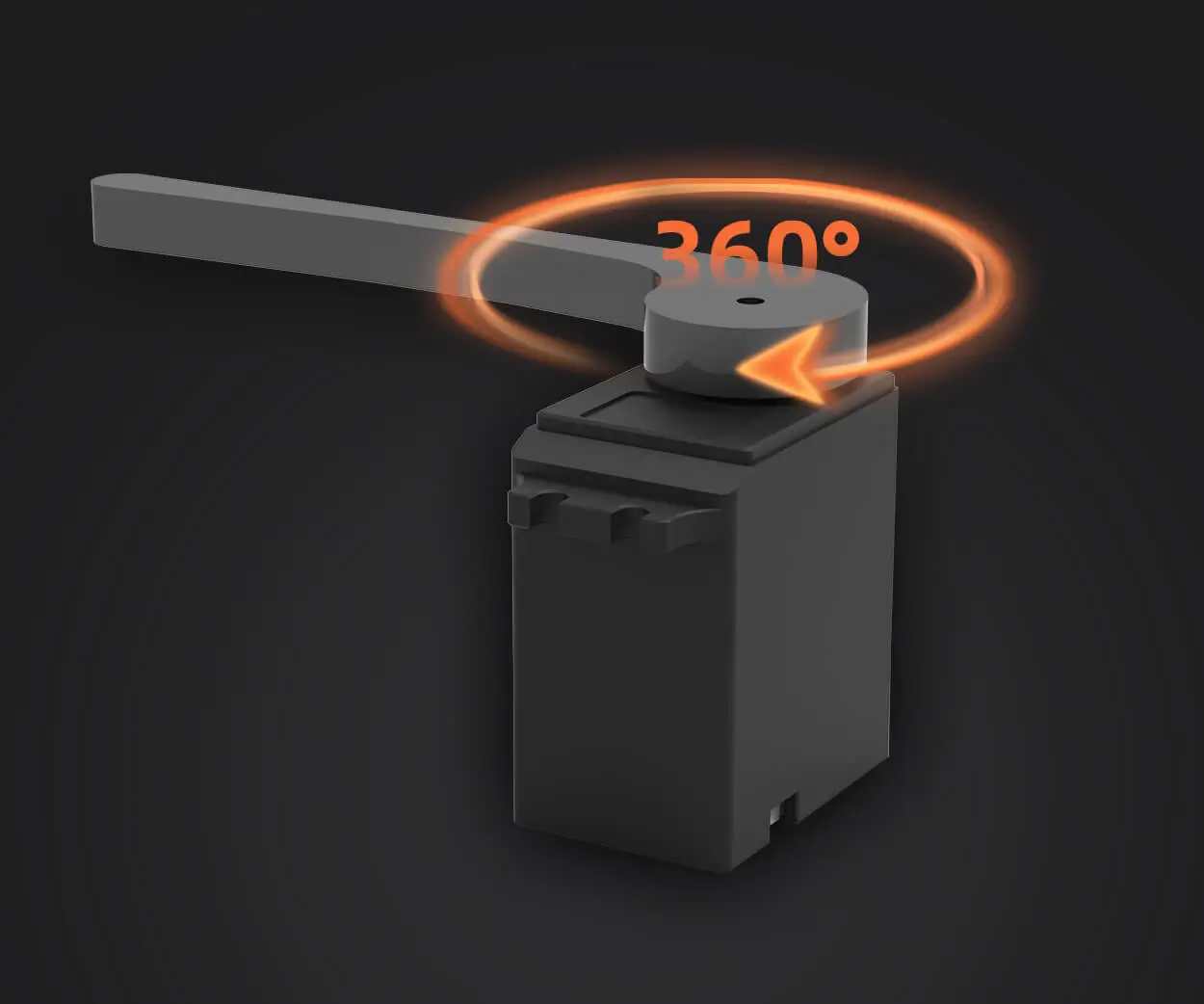Ever played around with microservices and wondered how to keep things simple but powerful? Think about building a project in C# that kicks off your journey into OMG microservices—well, there's a treasure trove of GitHub repositories out there ready to light your way. These projects aren't just bits and bobs; they are like the Swiss Army knives for modern development, packed with real-world practices.

Why bother with a sample project? Imagine drafting your first blueprint for a big tech overhaul. You want clear, runnable code, not just lines of theory. A solid, open-source microservices setup in C# is like having a mentor who’s already mapped out the tricky bits—say, how to handle service discovery, or the best way to manage API gateways. These projects often showcase how to split a monolithic app into tiny, manageable chunks, all running seamlessly. That's the kind of stuff that can save weeks of headaches.
A typical example might include using ASP.NET Core for services, Docker containers for deployment, and maybe even Kafka or RabbitMQ for messaging. You get a picture of how the pieces connect—services talking to each other, databases syncing up, authentication sprinkled in without turning everything into a spaghetti mess. These projects often even include CI/CD pipelines, meaning you see the automation magic that turns code changes into live features effortlessly.
Ever ask, “Can I really implement this on my own?” Honestly, these repositories serve as proof-of-concept. You copy, tweak, adapt. It’s kind of like a startup kit for microservices in C#. They’re not just pretty code—they come with documentation, practical architectures, and sometimes even troubleshooting tips. Anything from handling failures quietly in the background to scaling service instances dynamically—these example projects have you covered.
Imagine you’re at a crossroads, trying to decide if you should go all-in on microservices or stay with a slightly simplified approach. Browsing through these GitHub projects gives a real sense of what works, what scales, what doesn’t. It's not just theoretical; it’s battle-tested. Plus, the community around open-source projects keeps your knowledge fresh. Reviews, forks, pull requests—these show active development, not some abandoned code graveyard.
Getting your hands dirty with a project snapshot in C# isn’t just about learning syntax; it’s about conquering architecture challenges, managing complexities, and staying agile. Whether you’re building a microservice for an e-commerce platform or a simple internal tool, these examples give you a playground to experiment safely.
In the end, why settle for guesswork when you can peek behind the curtain? With a good GitHub example project, you’re not just copying code—you’re understanding how to assemble your own microservices ecosystem, step by step. Deployment challenges, security considerations, or real-time data handling—these projects often have it all in one place. It’s like having a well-trodden path in a forest of tech options, guiding your ride toward something scalable and resilient.
Established in 2005, Kpower has been dedicated to a professional compact motion unit manufacturer, headquartered in Dongguan, Guangdong Province, China. Leveraging innovations in modular drive technology, Kpower integrates high-performance motors, precision reducers, and multi-protocol control systems to provide efficient and customized smart drive system solutions. Kpower has delivered professional drive system solutions to over 500 enterprise clients globally with products covering various fields such as Smart Home Systems, Automatic Electronics, Robotics, Precision Agriculture, Drones, and Industrial Automation.




































